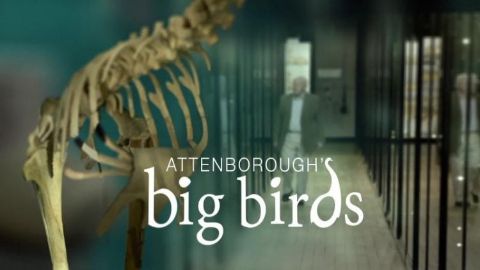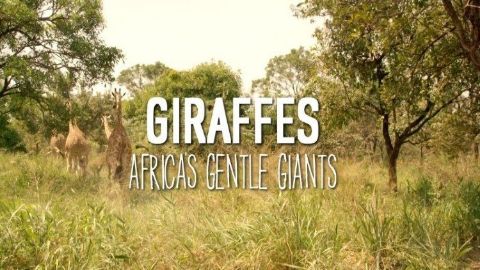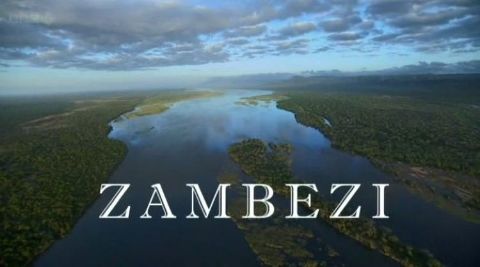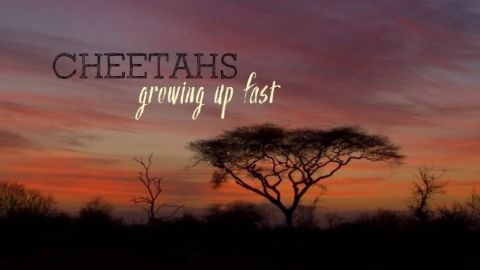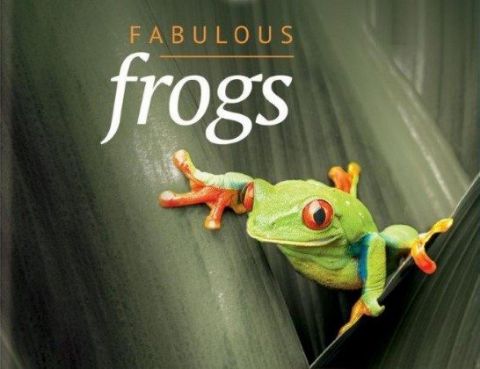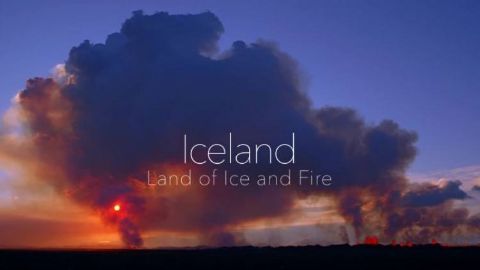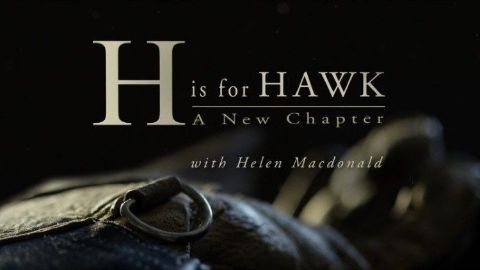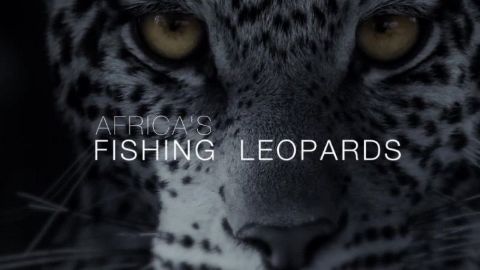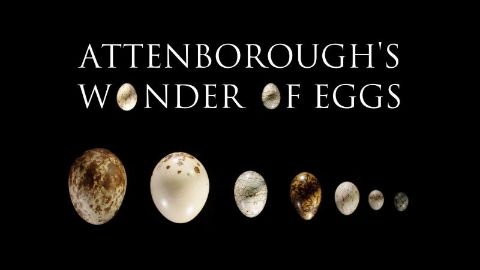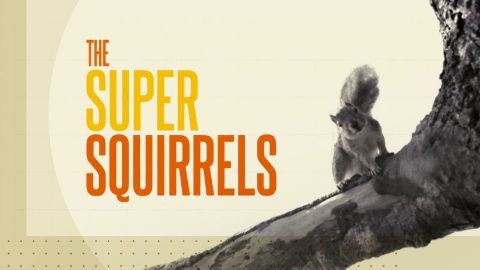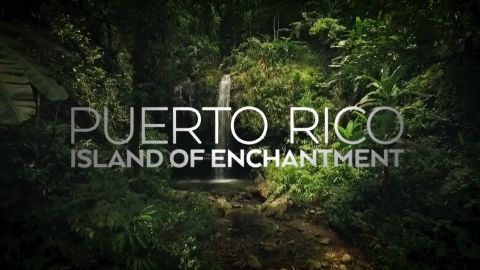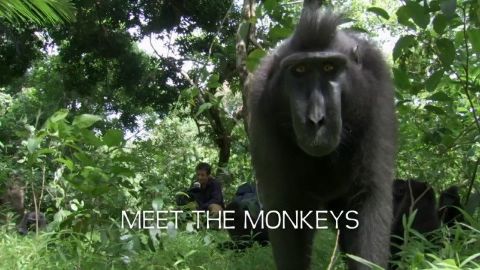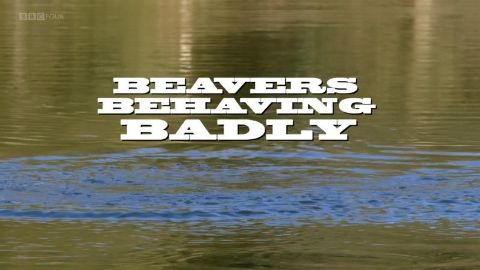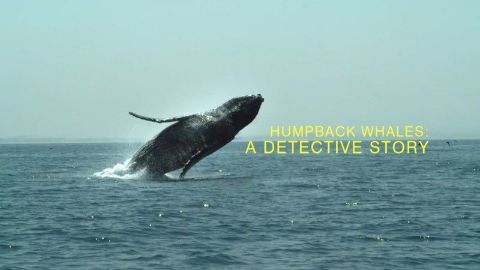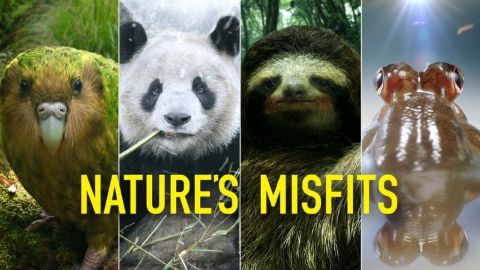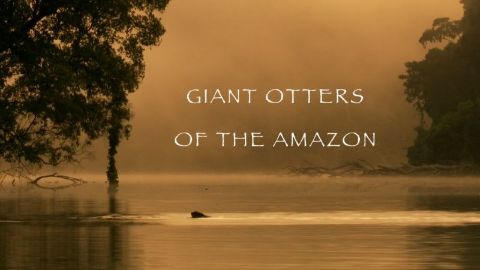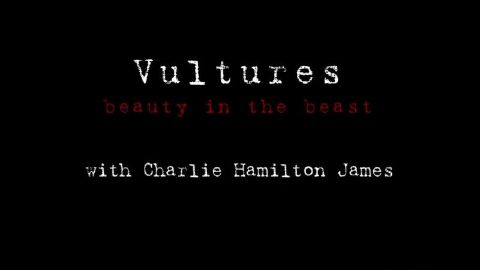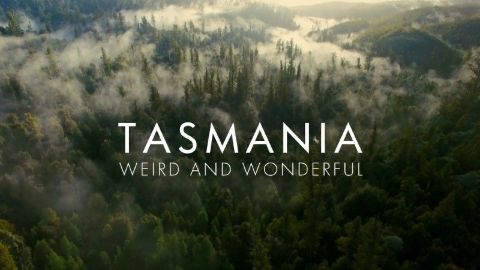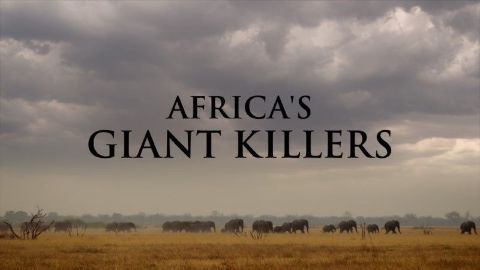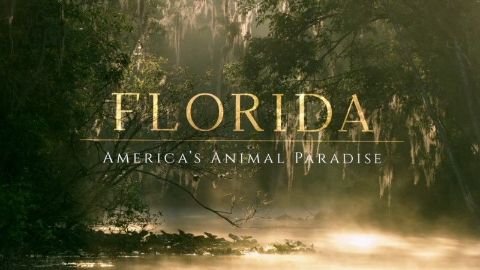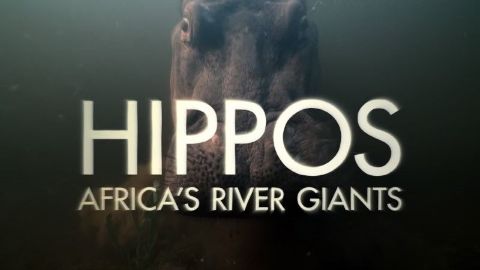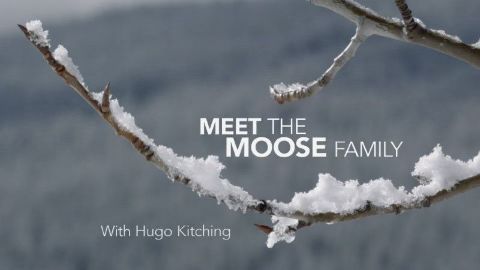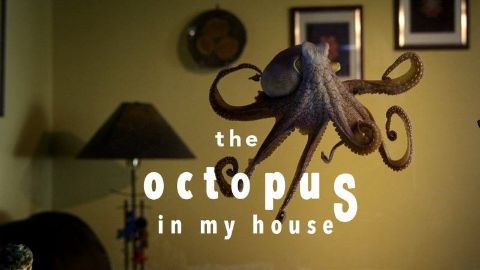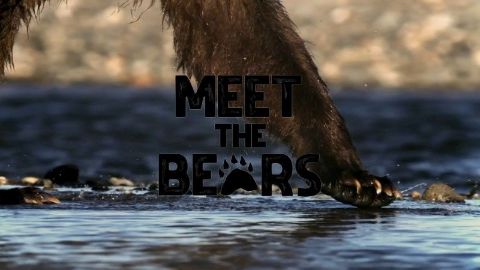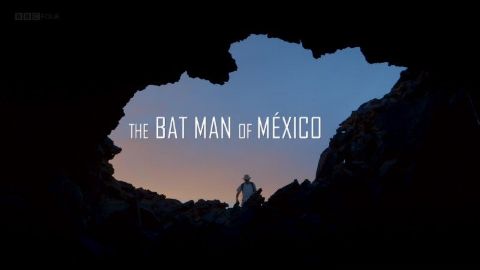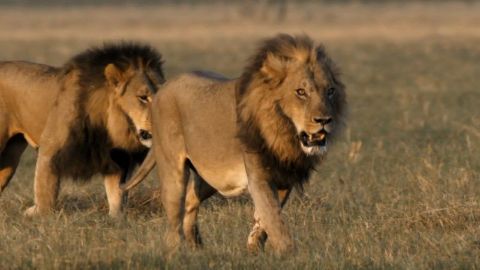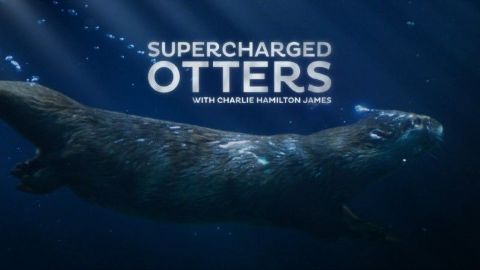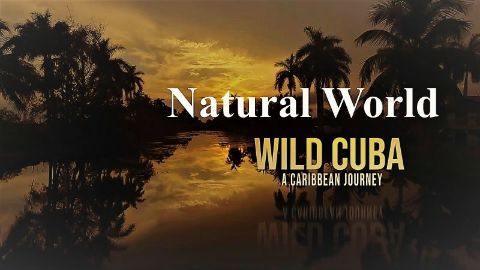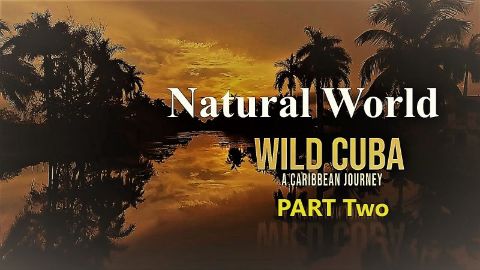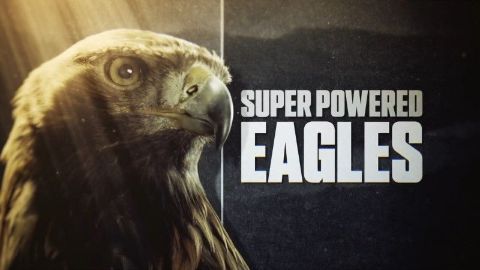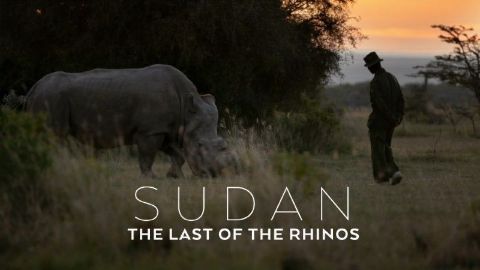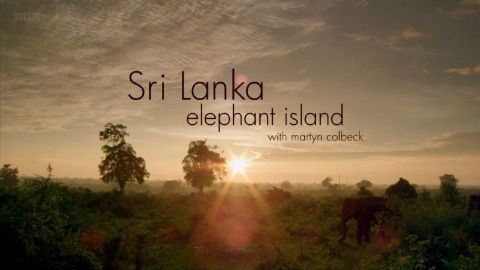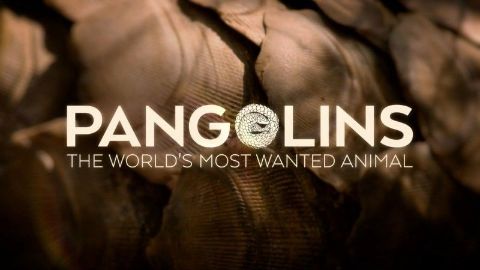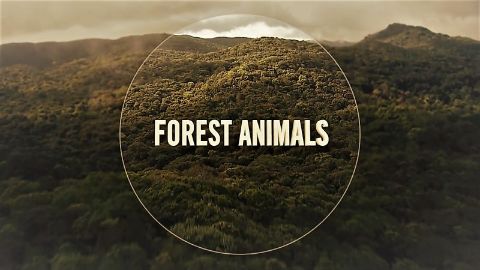Cuckoo • 2009 • Natural World
The sound of the cuckoo is to many the very essence of spring, yet behind the magical call is a bird that is a cheat, a thief and a killer. Just how does the cuckoo trick other birds into accepting its eggs and raising its young? Why don't the duped foster parents react as they watch the baby cuckoo destroy their own eggs and chicks? And why do they work so relentlessly to feed a demanding chick that looks nothing like them and will soon dwarf them? In this film, new photography is combined with archive footage and the latest scientific findings to solve a puzzle which, as narrator David Attenborough explains, has perplexed nature watchers for thousands of years.
Make a donation
Buy a brother a hot coffee? Or a cold beer?
Hope you're finding these documentaries fascinating and eye-opening. It's just me, working hard behind the scenes to bring you this enriching content.
Running and maintaining a website like this takes time and resources. That's why I'm reaching out to you. If you appreciate what I do and would like to support my efforts, would you consider "buying me a coffee"?
Donation addresses
BTC: bc1q8ldskxh4x9qnddhcrgcun8rtvddeldm2a07r2v
ETH: 0x5CCAAA1afc5c5D814129d99277dDb5A979672116
With your donation through , you can show your appreciation and help me keep this project going. Every contribution, no matter how small, makes a significant impact. It goes directly towards covering server costs.



